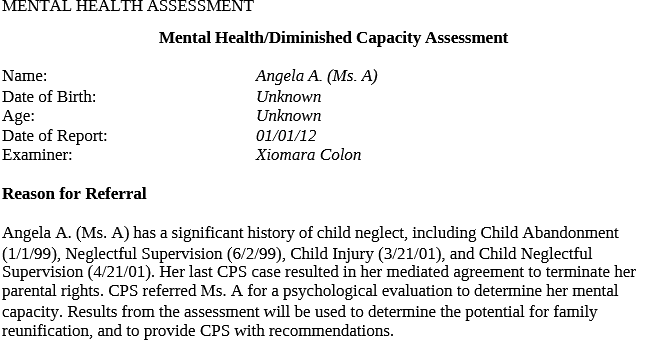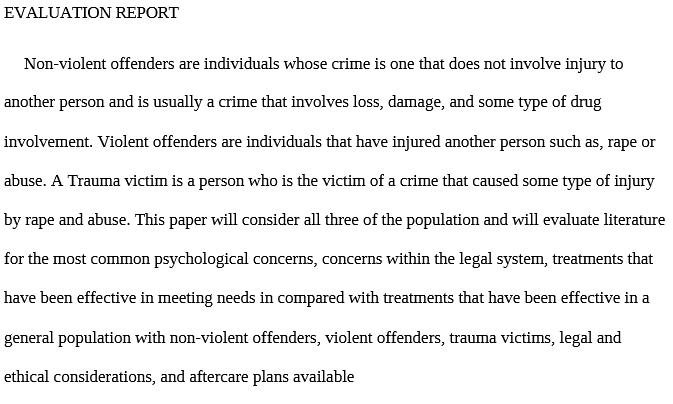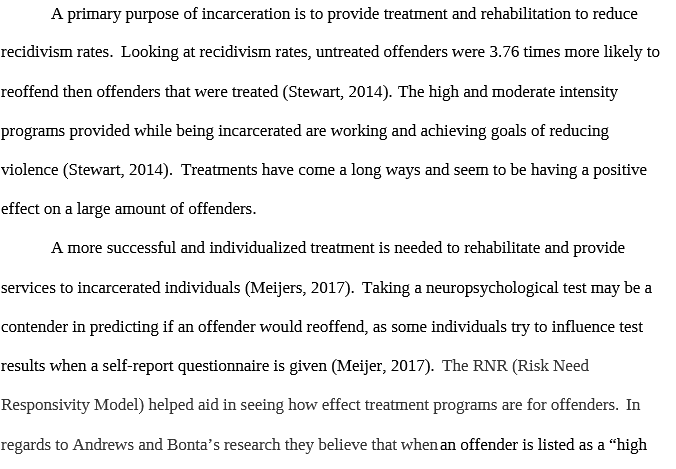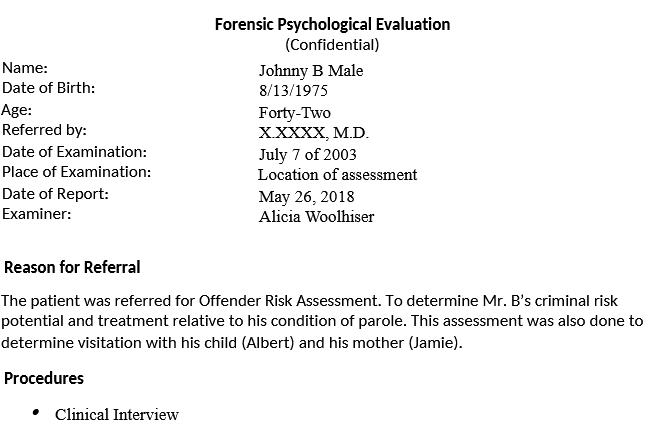PSY 211 PSY211 7-1 Discussion Moral Development.docx – Snhu
$3.99
PSY 211 PSY211 7-1 Discussion Moral Development.docx – Snhu
Description
PSY 211 PSY211 7-1 Discussion Moral Development.docx – Snhu
PSY 211 PSY211 7-1 Discussion Moral Development.docx – Snhu
Every human has moral worth and we must treat them with proper equity. Through collaboration with people with a well-developed theory of mind, we can begin to bridge the gap between healthcare access and poverty. None of this can be achieved until we see everyone as having equal moral worth. How might you engage a friend to volunteer with you for a societal cause such as the eradication of poverty, applying your understanding of the theory of mind and moral development? I live in a unique community of individuals always looking to volunteer and help others. I believe because we are exposed to a different type of hardship as military families, people tend to be more empathetic and compassionate toward others. Part of engaging others to help is to be open and speak out about needs. We routinely volunteer with the VA, Toys for tots, and on-base missional needs as required. I feel a lot of people miss out on volunteer opportunities because they are not aware of the need. By voicing the need and facilitating the opportunity for people, I know my community will step up and step in wherever there is a need. How does the theory of mind apply to any of the following programmatic themes? Theory of mind applies to several of our programmatic themes, but I am choosing to focus on emotional intelligence. A well-developed theory of mind allows us to feel empathy Empathy allows us to understand and share the feelings of another person. Emotional intelligence gives us awareness of the inequities we see in the news, in our communities, and perhaps in our homes.
PSY 211 PSY211 7-1 Discussion Moral Development.docx – Snhu
- PSY 211 – Lifespan Development (5015 Documents),
- PSY 215 – Abnormal Psychology (4335 Documents),
- PSY 108 – Introduction to Psychology (3759 Documents),
- PSY 223 – Statistics for Psychology Research (2652 Documents),
- PSY 216 – Psychology of Personality (1841 Documents),
- PSY 510 – Research Methods (1748 Documents),
- PSY 520 – Research Methods in Psychology II (1469 Documents),
- PSY 257 – Psychology (1451 Documents),
- PSY 310 – Criminal Psychology (1393 Documents),
- PSY 200 – FOUNDATIONS OF ADDICTIONS (1379 Documents),
Only logged in customers who have purchased this product may leave a review.







Reviews
There are no reviews yet.